After a very turbulent week in the beef trade, which saw the temporary loss of major customers within the food service industry, the market outlook is in an extremely fragile position.
While the retail sector has experienced a surge in sales of fresh beef, the potential for an increase in beef price is ultimately being undermined by the collapse of beef sales into the food service sector.
Processors are pointing to reduced orders for next week, which will mean fewer animals are required to meet throughput.
Indications are that cattle agents are only interested in sourcing in-spec animals.
Whether the downturn in throughput converts to lower prices is currently unknown, as the market demand for prime cattle is solid.
In the meantime, the positive for farmers offloading finished animals this week is that plants have left base quotes unchanged for prime cattle.
This keeps U-3 grading animals moving from an official base of 324p to 328p/kg, although farmers indicate that plants are generally opening at 330p to 334p/kg on steers and heifers meeting UK retailer specifications.
However, deals above the outlined prices are much harder to come by, with farmers reporting that cattle agents are trying to keep prices as close to base quotes as possible.
Where farmers are looking to sell cattle that fall outside of the retailer specification on carcase weight, age and conformation, they are facing a serious challenge to find a buyer for such animals.
Last week, the average price across all steers and heifers was 332.25p, down 0.5p/kg on the previous week.
Prices paid on U3 steers was static on 340.1p/kg, with U3 heifers averaging 346.2p/kg, a rise of 1.7p/kg on the previous week.
Cows
Quotes on cull cows remain unchanged at 250p/kg for O+3 animals, with R3 cows on 260p/kg.
But with the loss of markets for manufacturing beef, plants indicate quotes will come under pressure.
Hogget trade
The hogget trade is in turmoil as the impact of the coronavirus takes its toll.
Export markets to France and other continental countries have temporarily suspended orders.
In addition, the closure of the food service industry means a key domestic outlet for sheepmeat has also been lost.
There is a positive, with domestic retailers and butchers experiencing an upturn in sales.
Ultimately, processors require fewer hoggets and factory throughput has been reduced significantly.
As a result, factories are reluctant to quote publicly. Any quote that can be obtained is likely to be in the region of 400p/kg for hoggets, with the first spring lambs on a base of 430p/kg.
With livestock markets closed this week, there was no live sales for hoggets or ewes.
Read more
Coronavirus: staff walk out at ABP and Moy Park plants
Beef and sheep prices: trade uncertainty limiting quotes
After a very turbulent week in the beef trade, which saw the temporary loss of major customers within the food service industry, the market outlook is in an extremely fragile position.
While the retail sector has experienced a surge in sales of fresh beef, the potential for an increase in beef price is ultimately being undermined by the collapse of beef sales into the food service sector.
Processors are pointing to reduced orders for next week, which will mean fewer animals are required to meet throughput.
Indications are that cattle agents are only interested in sourcing in-spec animals.
Whether the downturn in throughput converts to lower prices is currently unknown, as the market demand for prime cattle is solid.
In the meantime, the positive for farmers offloading finished animals this week is that plants have left base quotes unchanged for prime cattle.
This keeps U-3 grading animals moving from an official base of 324p to 328p/kg, although farmers indicate that plants are generally opening at 330p to 334p/kg on steers and heifers meeting UK retailer specifications.
However, deals above the outlined prices are much harder to come by, with farmers reporting that cattle agents are trying to keep prices as close to base quotes as possible.
Where farmers are looking to sell cattle that fall outside of the retailer specification on carcase weight, age and conformation, they are facing a serious challenge to find a buyer for such animals.
Last week, the average price across all steers and heifers was 332.25p, down 0.5p/kg on the previous week.
Prices paid on U3 steers was static on 340.1p/kg, with U3 heifers averaging 346.2p/kg, a rise of 1.7p/kg on the previous week.
Cows
Quotes on cull cows remain unchanged at 250p/kg for O+3 animals, with R3 cows on 260p/kg.
But with the loss of markets for manufacturing beef, plants indicate quotes will come under pressure.
Hogget trade
The hogget trade is in turmoil as the impact of the coronavirus takes its toll.
Export markets to France and other continental countries have temporarily suspended orders.
In addition, the closure of the food service industry means a key domestic outlet for sheepmeat has also been lost.
There is a positive, with domestic retailers and butchers experiencing an upturn in sales.
Ultimately, processors require fewer hoggets and factory throughput has been reduced significantly.
As a result, factories are reluctant to quote publicly. Any quote that can be obtained is likely to be in the region of 400p/kg for hoggets, with the first spring lambs on a base of 430p/kg.
With livestock markets closed this week, there was no live sales for hoggets or ewes.
Read more
Coronavirus: staff walk out at ABP and Moy Park plants
Beef and sheep prices: trade uncertainty limiting quotes




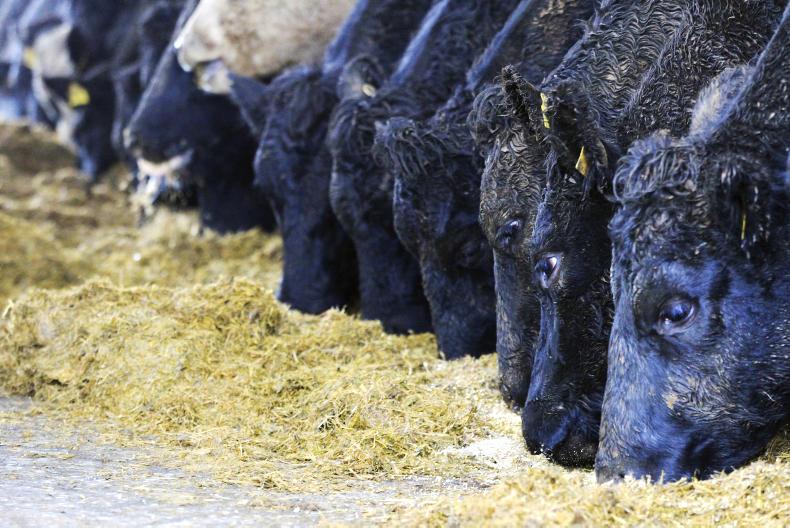
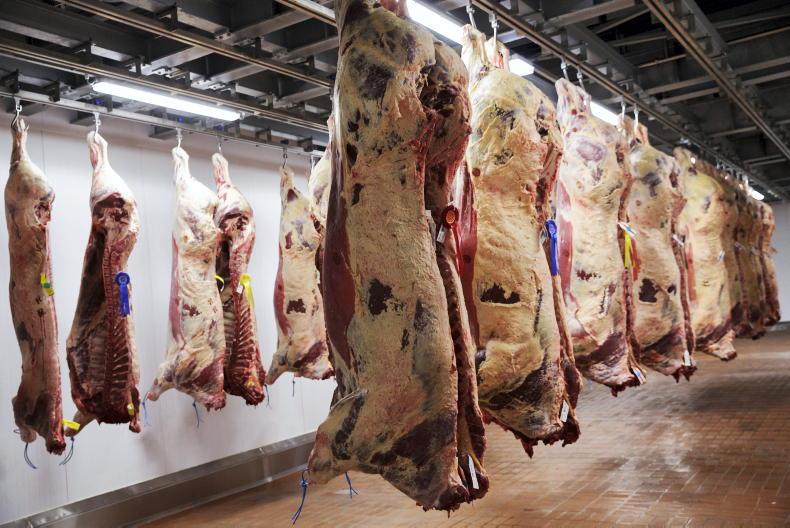

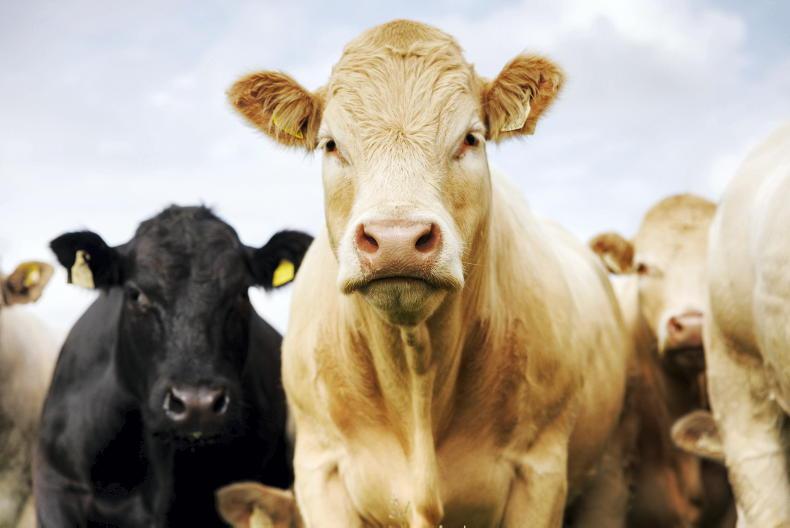
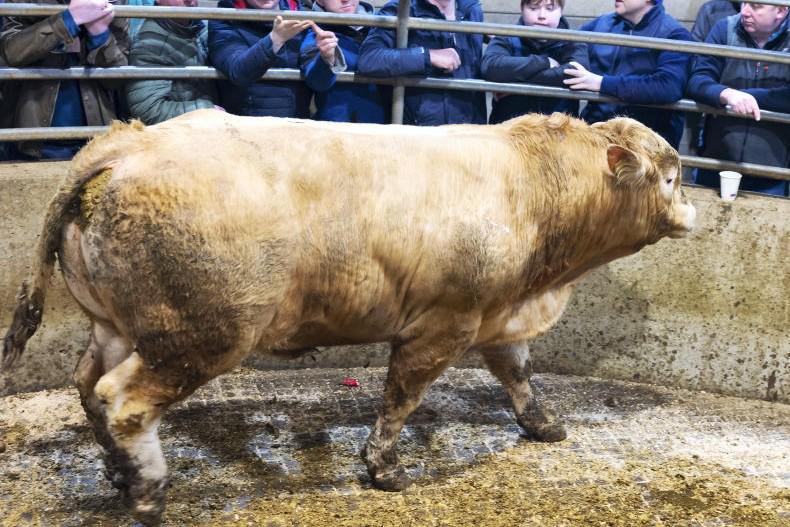
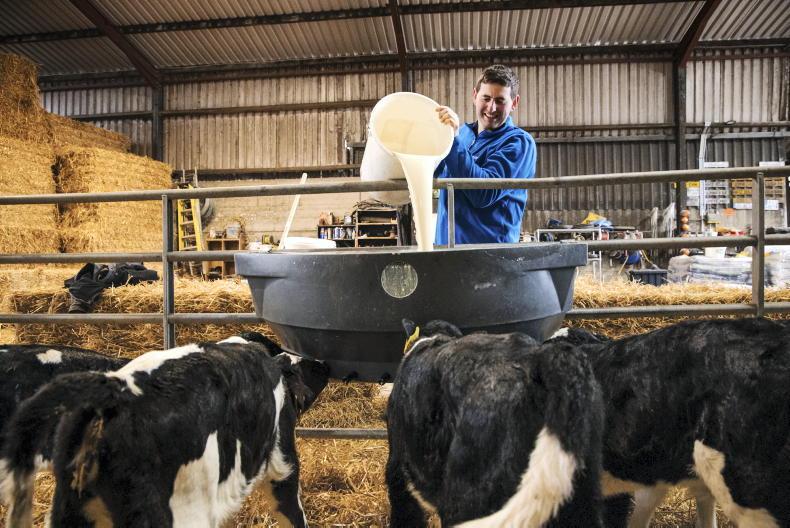
SHARING OPTIONS